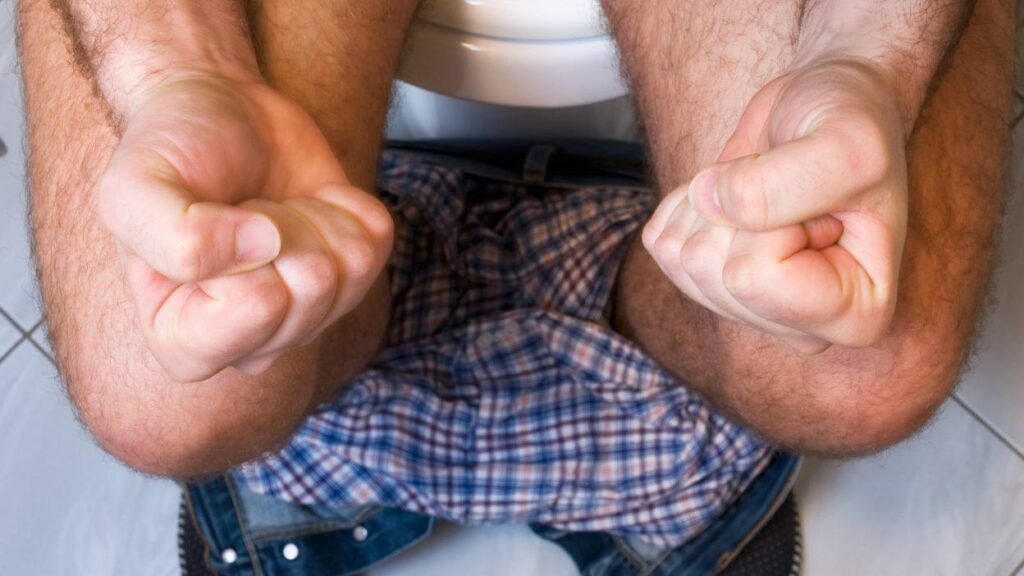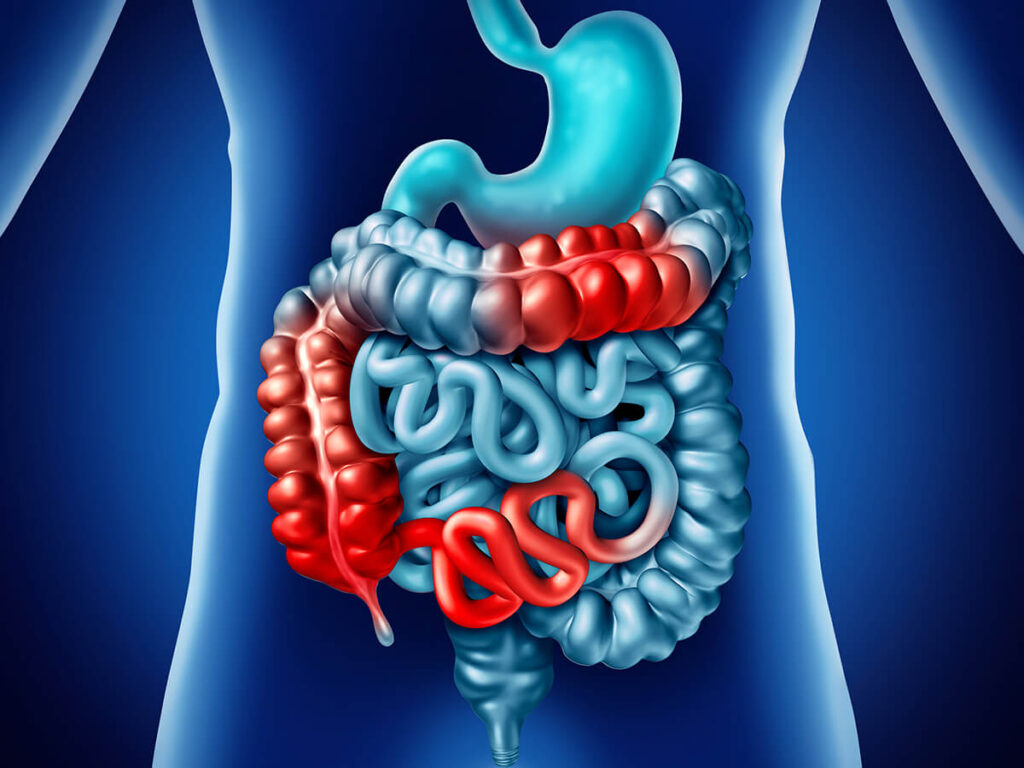
There is a galore of reasons supporting the ‘why’ behind the blood in your loo. Even though all these reasons may not soar your blood pressure; some of them resemble serious health concerns and must be treated at the earliest.
You may be flabbergasted noticing blood in your bowel or on the toilet paper; however, it is more quotidian than you think. Soon as you notice any type and amount of bleeding in your poo, better visit a doctor. It is not always perilous and above all, it can always be cured.
Blood in poop generally betokens stomach bleeding or bleeding in your other digestive organs. This may not be occurring due to some underlying disease. It may as well be caused due to an external injury. Hard stool or abrasion due to imprudent use of toilet paper may be one of the general causes.
When is it an absolute necessity to see a doctor?

Depending upon the causes, rectal bleeding may either be chronic or acute.
Chronic – with a bijou amount of bleeding, chronic bleeding comes and goes for months or years, in some cases.
Acute – in episodes of rectal bleeding, the patient may experience substantial bleeding, all of a sudden.
You cannot afford to be timid with such an issue and must see a doctor as soon as you notice any amount of bleeding down there. The doctor is the best person to not only diagnose the exact condition prevailing but also give you the right medicines, so that the condition does not come back.
Here are 10 reasons you might bleed from your bottom, to help you calm down, before a full-blown panic-attack kicks in:
1. Haemorrhoids

This is also called piles and refers to the protrusion around anus caused by inflated blood vessels. While some people may not show symptoms, some may notice lumps around their anus, itch bottom and beaming red blood in their stool.
Whichever symptom strikes you first, rush to your GP right away! 2024 is not the year to compromise with your health! There are many different treatments including all from pills to sprays. You can learn more on this website.
2. Bowel cancer
Also called colorectal or colon cancer, this is one of the most serious reasons why you should be running to your GP and curbing your second thoughts.
Its common symptoms are altering toilet habits, blood in your poo, lump in the anus area and strained passage of stool.
3. Internal bleeding

If you see dark red colored blood accompanying your poo, this may be a sign of internal bleeding in your stomach. This may be in your small intestine, large intestine or any organ of your digestive system.
If not treated on time, this may form the breeding ground for diseases like stomach cancer, gastrointestinal diseases or stomach ulcers.
4. Gastroenteritis
This is a type of a bacterial infection that also causes diarrhea and vomiting. The young aged people are most vulnerable to this tummy bug.
This unpleasant illness may lead to a bloated stomach or colon, however, clears up in a couple of days on its own.
In almost all its cases, it causes blood in poop and the inflammation is enough to make bowel movement very sensitive and irksome.
5. Fistula

Gross as it sounds, it is equally excruciating. This disease establishes a small tunnel near the skin surrounding the anus region.
As per the NHS reports, the common cause of this is mustering of puss near the anus tissues. Once these tissues are drained of the infection causing pus, a petty channel is left behind.
It is one of the most serious diseases that may have your hyperventilating over it. However, this is a surgical procedure and needs a fervent surgery to go away completely; or else, the worst – it may reappear!
6. Fissures
Not as irksome as it sounds, it can be recognized by petty tears and ulcers around the lining of your bottom. It heals on its own, after some grazes and miniscule cuts.
This is yet another cause for blood in your loo but with the help of your GP, it can be cured through medication.
7. Colitis

This is a chronic condition that causes the colon and rectum to inflate. It gives birth to petty ulcers at the lining of anus, which later bleed, along with puss.
Those struck with this condition are vulnerable to other bowel conditions as well, like Crohn’s disease and irritable bowel syndrome.
8. Prolapse
This is not something one would ever wish to experience. It causes the rectum to jut out through your bottom.
This causes excruciating passage of stool and keeps the patient uncomfortable in moving around.
This must be treated by a doctor as it will not go away on its own. Postponing your visit to the doctor’s will only push the pain to the unbearable peaks.
9. Polyps

Striking one out very fourth person, this is one of the most common bowel conditions. Polyps develop on the edge of your bottom and is the non-cancerous growth of the surrounding tissues.
This usually shows no symptoms and can be detected by keen bowel screening only. If at all it causes symptoms, it can be in the form of mucus in poo, diarrhea, constipation, bleeding from your bottom or pain in your stomach.
Generally, polyps are non-cancerous. However, if the growth of the affected tissues is left unchecked, they may turn into cancerous adenomas.
10. STIs
Abbreviation for Sexually Transmitted Diseases, this may affect the vagina and penis as well.
The most common cause of this is unprotected anal sex that causes infection and may spread from one person to another.
This needs keen examination to be diagnosed, after which it is cured through antiviral, antibiotics or antifungal medications; depending upon the intensity of the infection.
Conclusively, be it any bowel condition – clement or harsh one, the best option is to resort to a doctor and get it treated under medical supervision by Pristyn Care. Neglecting your condition may not only worsen it but it also increases the chances of the same condition kicking in again and again. It may not always be gut-wrenching, but in most of the cases, it hits through the symptoms that our attention will easily surpass.













